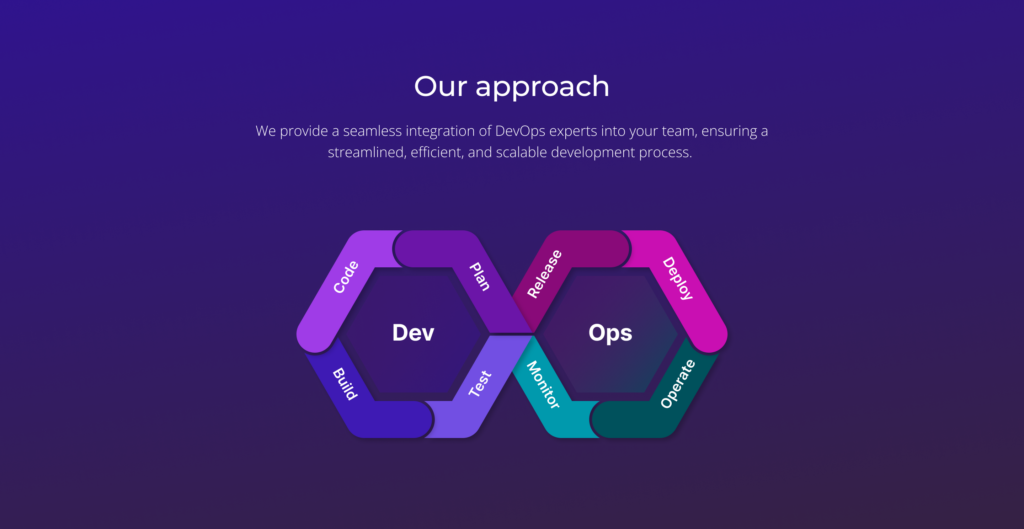


DevOps is a set of practices and cultural philosophies that aim to bridge the gap between software development (Dev) and IT operations (Ops). The goal is to create a more efficient, collaborative, and iterative process for delivering software.
DevOps emphasizes automation, continuous integration, continuous delivery, and monitoring throughout the software development life cycle (SDLC). This approach helps teams deploy code more frequently, with fewer errors, and respond quickly to any issues that arise, ultimately leading to more reliable software and a faster time to market.

It is built on Lean principles and is essential in every phase of the SDLC, from planning to deployment and release, as well as maintenance. It breaks down silos between teams, shifts testing left, increases deployments and releases (two different actions).
During planning, DevOps practices enable better collaboration and alignment between teams. In development, automated testing and continuous integration ensure code quality and faster feedback. As the project moves to deployment, infrastructure as code and continuous delivery streamline releases, minimizing downtime.
Finally, in the maintenance phase, DevOps fosters proactive monitoring and rapid incident response, ensuring that applications remain reliable and scalable. DevOps isn’t just a practice—it’s the glue that holds every phase of development together.

